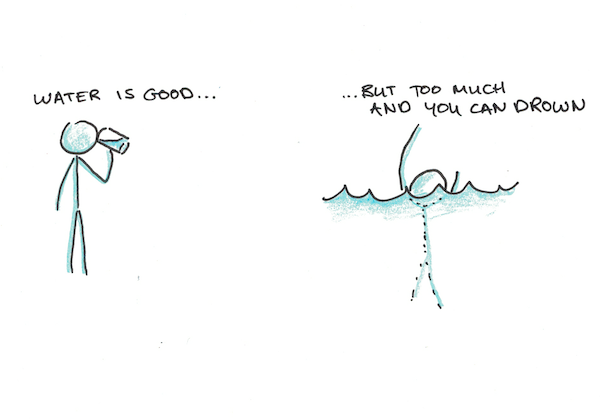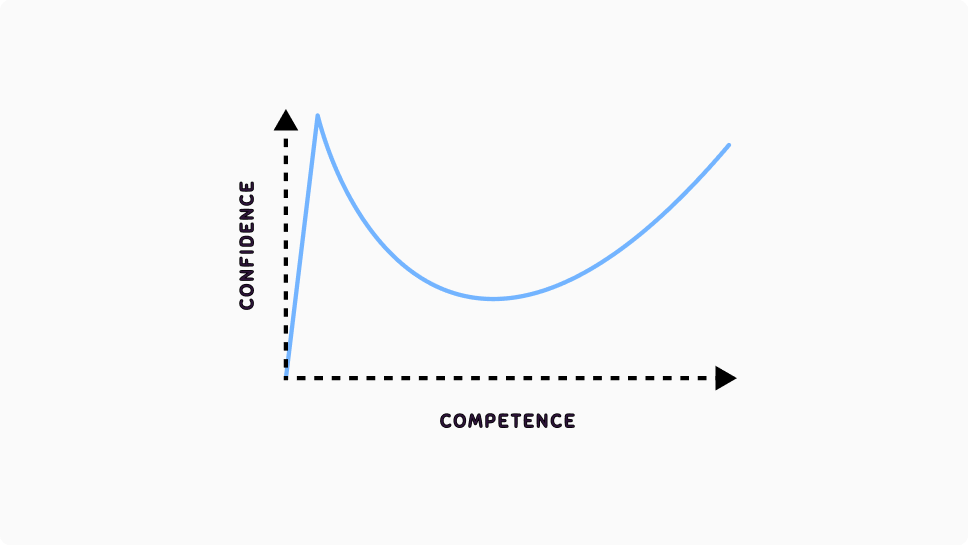On April 19 1995, a man walked into two Pittsburgh banks in broad daylight.
He pulled out a gun and demanded money, making no attempt to disguise himself. The tellers, fearing for their lives, complied and handed over the cash. The man then walked out as casually as he had walked in, confident that he had pulled off the perfect crime.

Security cameras captured everything – the man’s face, his actions, even the way he held the gun. Within hours, the footage was broadcast on the evening news, and it didn’t take long for someone to recognise him. By midnight, the police were at his door.
When the police confronted him, the man, McArthur Wheeler, was in disbelief: “But I wore the juice,” he protested.
Wheeler had smeared lemon juice on his face, convinced it would make him invisible to the cameras. He believed that since lemon juice could be used as invisible ink, it would have the same effect on his face.
Before the heist, Wheeler had even tested his theory by taking a selfie with a Polaroid camera. To his amazement, his face didn’t appear in the photo – likely due to his poor photography skills rather than any magical properties of lemon juice.
Convinced his plan was foolproof, he went ahead with the robbery.
What Wheeler didn’t realise was that his mistake was a classic example of what psychologists would later describe as the Dunning-Kruger effect – a cognitive bias where people with low ability or limited knowledge of a certain task often overestimate their ability.
In other words, the less you know, the less you’re able to recognise your own ignorance.
Wheeler’s misguided confidence is a striking reminder of how dangerous ignorance can be when paired with overconfidence. He genuinely believed he had outsmarted the system with his lemon juice theory, completely unaware of how flawed his logic was. And his story became the inspiration for the now-famous research conducted by psychologists David Dunning and Justin Kruger.
The takeaway then is that confidence isn’t always a sign of competence.
The Dunning-Kruger effect serves as a reminder that we should regularly check our assumptions and seek feedback, especially in areas where our knowledge is limited. Whether it’s in our personal lives, careers, or everyday decisions, humility and a willingness to learn can help us avoid the kind of blind overconfidence that led Wheeler to believe lemon juice could make him invisible.
Otherwise, we might just find ourselves in Wheeler’s shoes, confident in a plan that was doomed from the start.
🎬 Latest Video
10 Things That Massively Improved My Mental Health
✍️ Article of the Week

Can Life Have Too Much Meaning?
I’m suspicious of those things where more is always supposed to be better. Nature prefers moderation, so good things can harm you when you get too much of them. Drinking more water is good. Too much and you’ll drown. I think “meaning” is one of those things that is usually good, but that can cause you problems when there is too much of it.
🙌 Weekly Favourites


